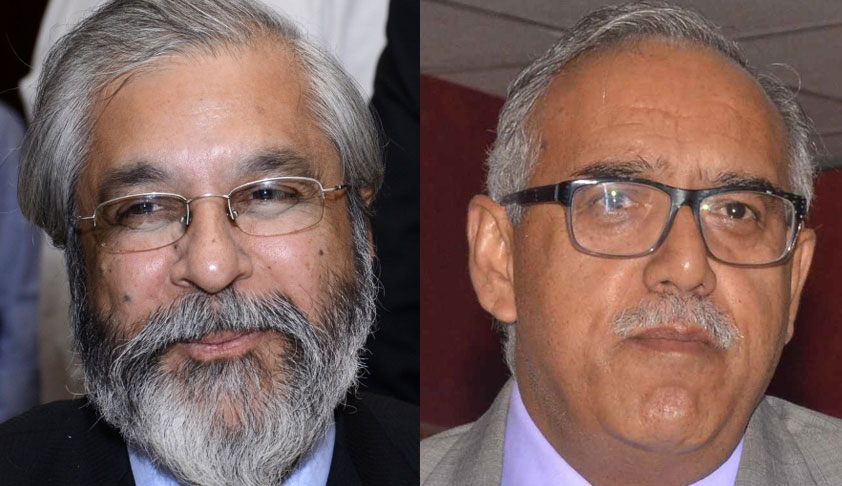States Resisting Social Audits By NCPCR Appear To Be “Hiding Something”: SC
Apoorva Mandhani
12 July 2018 9:32 PM IST

Next Story
12 July 2018 9:32 PM IST
The Supreme Court on Wednesday rapped the States for non-utilisation of funds under the Integrated Child Protection Scheme (ICPS).Condemning the trend, the Bench comprising Justice M.B. Lokur and Justice Deepak Gupta observed, “This is extremely unfortunate. Since funds are made available for the benefit of children, if the State Governments do not utilise them, the loss is that of children...
